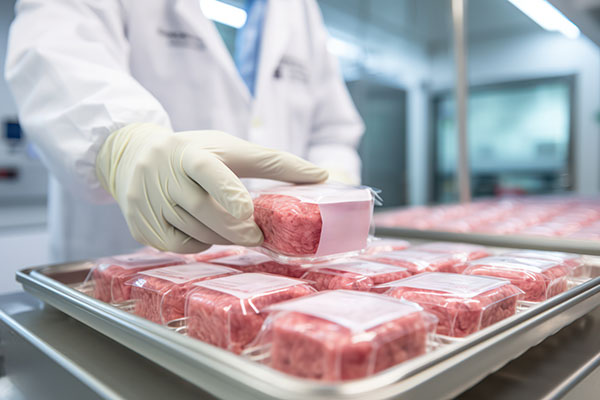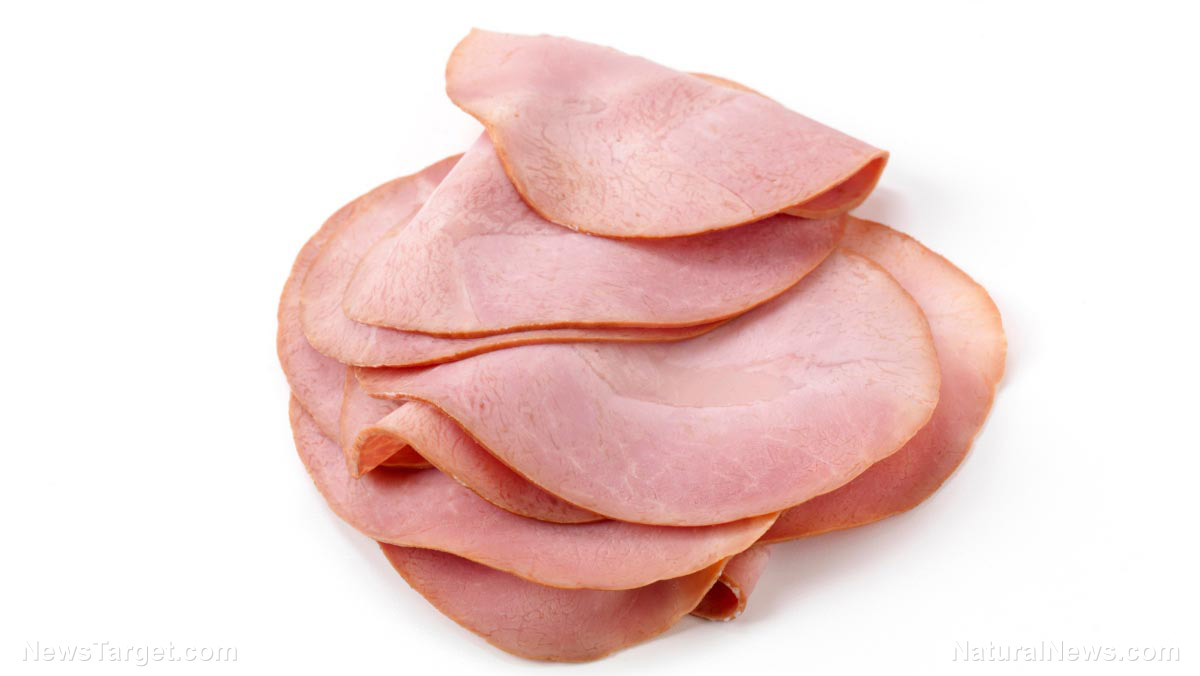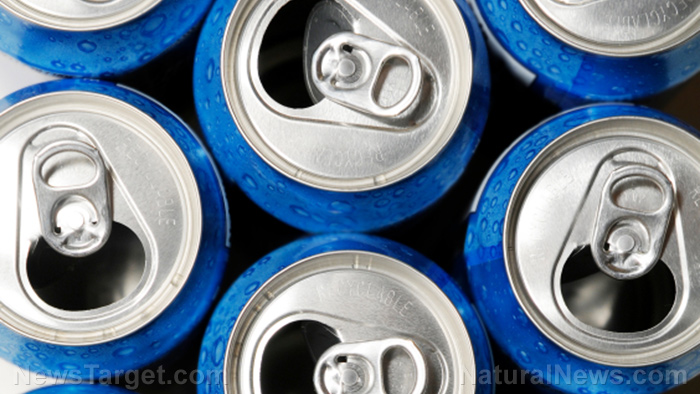MISLABELING OF BUTTER that contains MILK leads to RECALL of 65,000 pounds of “European Style Butter Blend”
08/05/2025 / By S.D. Wells

Allergic to milk? Watch out for the butter then. A voluntary recall has been issued for nearly 65,000 pounds of butter due to a labeling error that could pose health risks to people with milk allergies. The U.S. Food and Drug Administration (FDA) confirmed that Bunge North America Inc., a Missouri-based company, initiated the recall on July 14, after discovering that its NH European Style Butter Blend may contain undeclared milk—a major food allergen.
- Massive Butter Recall Over Allergen Risk: Bunge North America voluntarily recalled 64,800 pounds of its NH European Style Butter Blend due to undeclared milk, a major allergen, prompting an FDA Class II recall designation.
- Product Details and Distribution: The recalled butter, packaged in white paperboard cases with 36 blocks per case, was shipped to 12 U.S. distribution centers and one in the Dominican Republic; it carries UPC code 1 00 78684 73961 2 and lot code 5064036503.
- Health Risks and Allergen Concerns: Milk is one of nine major allergens recognized by the FDA, and undeclared exposure can cause mild to severe reactions—including anaphylaxis, a potentially fatal condition.
- FDA Guidance and Public Reaction: The FDA urges consumers who experience symptoms after eating the product to stop immediately and seek medical help; meanwhile, some social media users mocked the irony of recalling butter—a dairy product—for containing milk.
Nearly 65,000 Pounds of Butter Recalled Over Undeclared Allergen
The affected product includes 64,800 pounds of the butter blend, identified by UPC code 1 00 78684 73961 2 and lot code 5064036503. The product was distributed in white paperboard cases, each containing 36 blocks, and shipped to 12 distribution centers across the U.S. and one in the Dominican Republic.
The FDA has classified the recall as Class II, which indicates that exposure to the product could cause temporary or medically reversible adverse health effects, although the risk of serious harm is remote. According to the FDA, Class II recalls are the second-highest level of concern, signifying a moderate health risk.
Milk is one of the nine major allergens recognized by the FDA. While many people associate dairy with common food items, for individuals with milk allergies, even small traces can provoke serious reactions. Symptoms may include hives, swelling of the lips or face, vomiting, coughing, and difficulty breathing. In more severe cases, exposure can lead to anaphylaxis, a life-threatening allergic reaction that can cause a person to go into shock and may be fatal if not treated promptly.
Despite the seriousness of undeclared allergens, the recall prompted mockery on social media platform X (formerly Twitter), with some users joking about the irony of recalling butter for containing milk. However, public health officials emphasize that food allergens must be taken seriously. The FDA’s strict labeling regulations are designed to protect vulnerable consumers, requiring companies to clearly list potential allergens on their packaging.
The FDA stated that companies are subject to “more specific labeling requirements” for any food ingredient that may cause allergies or hypersensitivity reactions. These rules aim to help consumers make safe choices and avoid accidental exposure.
In response to the butter recall, the FDA advised that anyone who consumed the product and develops symptoms of an allergic reaction should stop consuming the product immediately, assess whether to use emergency treatments like epinephrine, and seek medical attention without delay.
In addition to milk, the FDA lists eight other major allergens: eggs, fish, crustacean shellfish, tree nuts, peanuts, wheat, soybeans, and sesame. Food producers are required by law to declare these allergens prominently on packaging labels to prevent unintended exposure.
While the overall health risk from this recall may be limited, it underscores the importance of accurate food labeling and the need for vigilance among food manufacturers, distributors, and consumers alike.
Tune your food news frequency to FoodSupply.news and get updates on more junk science food stuff and recalled CAFO products that corporate America loads the grocery store shelves with to drive up chronic diseases and disorders so Big Pharma can take your money.
Sources for this article include:
Submit a correction >>
Tagged Under:
butter allergens, butter bad, butter contamination, butter milk, butter recall, butter toxic, dangerous, food recall, food supply, grocery, ingredients, milk butter, toxins
This article may contain statements that reflect the opinion of the author
RECENT NEWS & ARTICLES
CleanFoodWatch.com is a fact-based public education website published by Clean Food Watch Features, LLC.
All content copyright © 2018 by Clean Food Watch Features, LLC.
Contact Us with Tips or Corrections
All trademarks, registered trademarks and servicemarks mentioned on this site are the property of their respective owners.




















